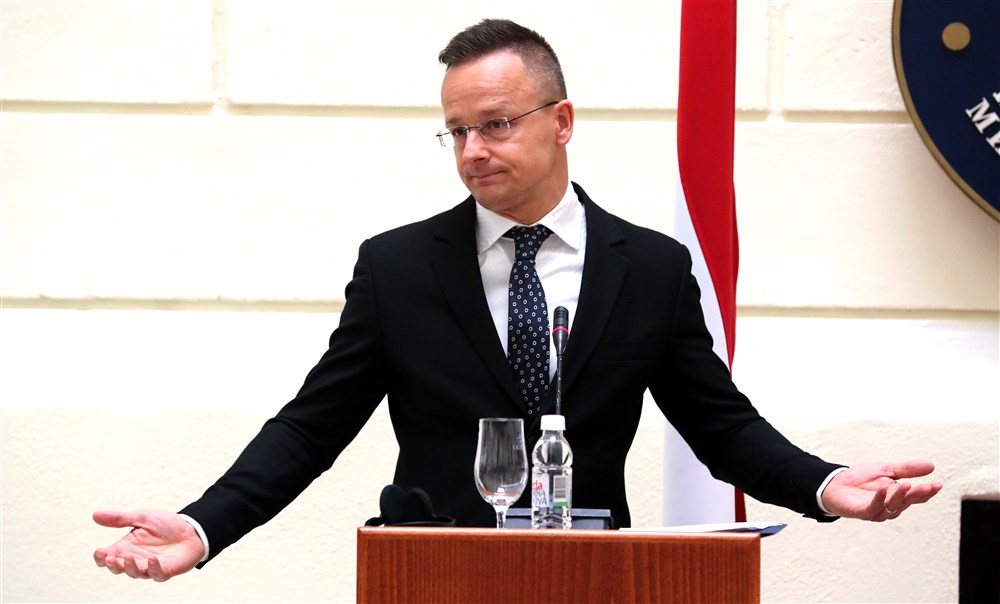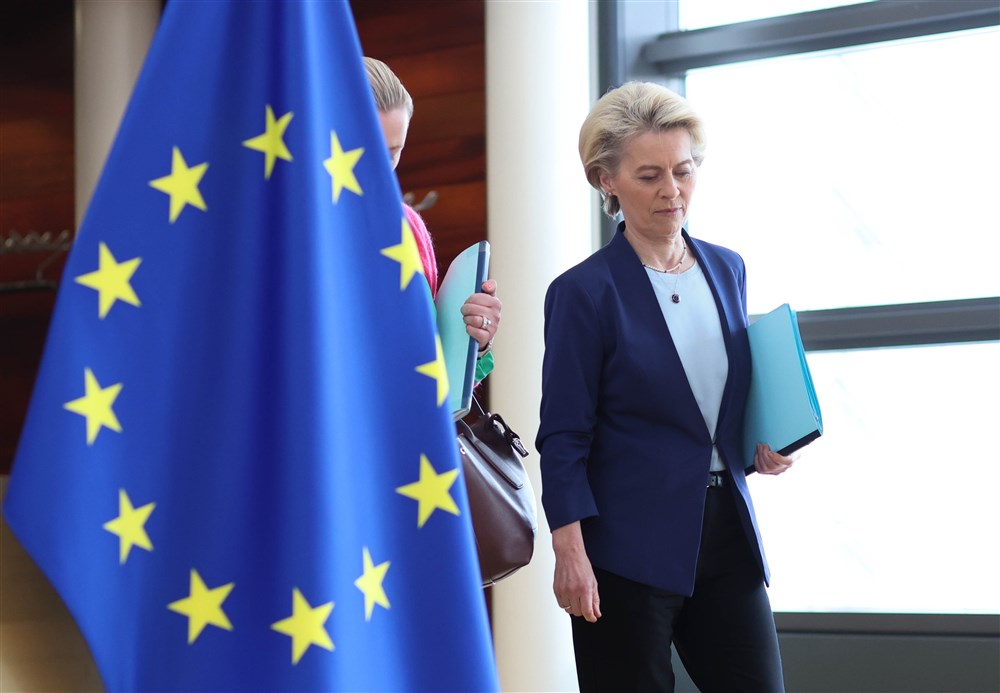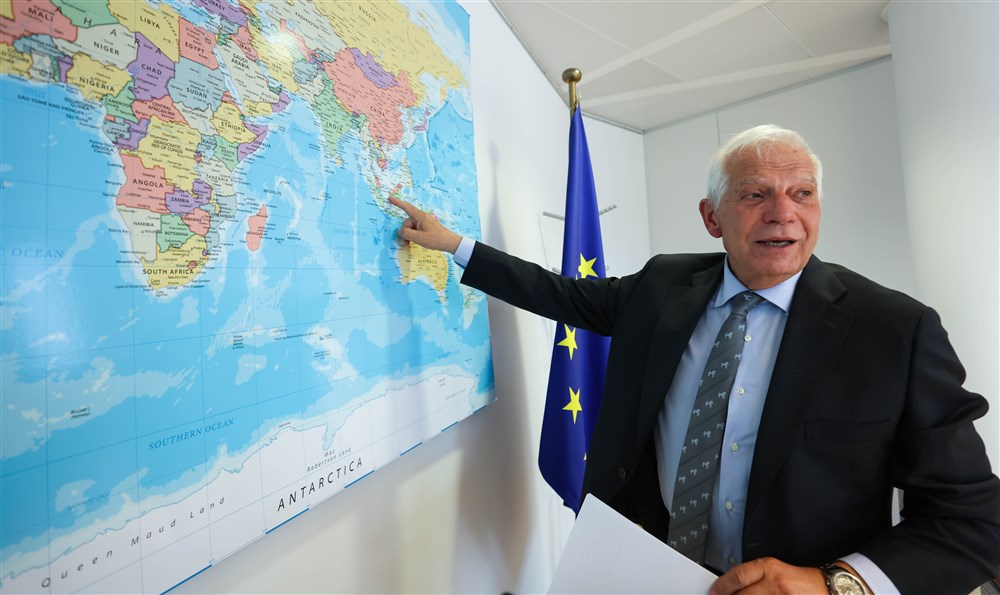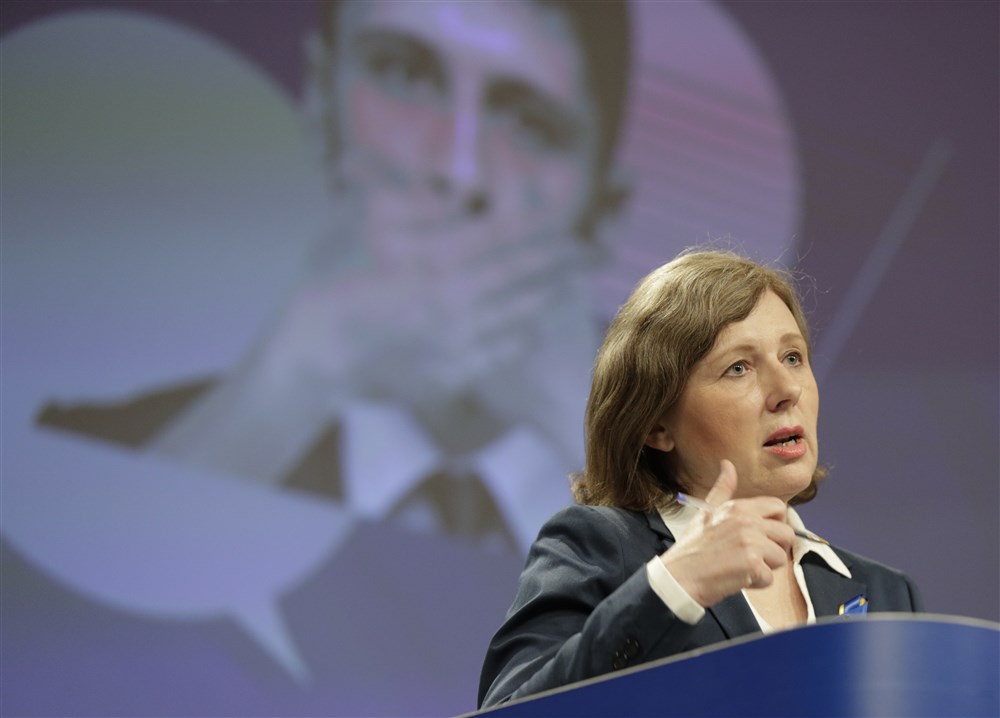The US is getting it in the neck from its European allies over recent intelligence leaks about the war in Ukraine.
Documents originally leaked from the Pentagon appear to have been shared on the video game chat platform Discord in an effort to win an argument about the war in Ukraine, according to the Guardian. The documents include military intelligence assessments about how the war is going, with more negative appraisals of how Ukraine is doing in contrast to the mainstream narrative thus far. The military intel reportedly contradicts the political reassurances from the likes of US President Joe Biden about Ukraine’s military successes and provide more candid reports about the Ukrainian military’s deficiencies.
As a result, whether through genuine shock or through not liking having their previous assessments shown up, mainstream media have been cuing up to wag the finger toward our friends across the Atlantic. The Economist along with the Times of London and France’s Le Figaro unanimously declare this one of the US’s most serious security breaches since more than 700,000 intelligence documents, videos and diplomatic cables were published by WikiLeaks in 2013. Such concerns appear to be shared in Brussels. According to the Financial Times, one “European official” commented on how the leaks and revelations about the Ukrainian military’s capabilities—such as running out of ammunition—“is not the best message you want in the air.”
Beyond concerns about “messaging” and finding the original source of the leaks, as ever, when it comes to the war in Ukraine, there appears to be a distinct lack of desire to acknowledge or dive into the deeper and wider implications. Such as the fact the leaks indicate that nearly 100 Special Forces personnel from Western countries are active in Ukraine, with the largest contingent coming from the UK (read SAS).
Evidence of Western involvement shifting from the supply of weapons to boots on the ground has enormous implications. Not least of which is offering a gift for Vladimir Putin and his arguments about NATO aggression against Russia, which he will no doubt hammer away about through Russian state media. But Putin is not the only one being one-sided.
“The politics of war have become as crude and simple as a Punch-and-Judy show on a beach,” the British journalist and contrarian Peter Hitchens says in an article for the American Conservative about mistakes made by the West in dealing with Russia and Ukraine.
Hitchens notes how little widespread discussion there has been about how “the initial violent aggression in Ukraine came in 2014 with the Western-backed lawless overthrow of Ukraine’s unlovely but legitimate President Viktor Yanukovych,” or about “the eastward expansion of NATO” that was “likewise an act of dangerous diplomatic aggression.”
Hence the West finds itself, even after Iraq and Afghanistan, with yet another “Forever War” being readily embraced, because, as Hitchens says, “Putin’s tanks have ended all debate.”
With debate removed, and most media remaining openly polarised and sticking to the line that the war lacks any provocation, Hitchens notes how the Ukraine flag flies from foreign government buildings as if the identities of the countries have “merged”. Western politicians wear the Ukrainian colours on their lapels. In Brussels, even the barricades used to marshal pedestrians around construction sites are coloured Ukrainian blue and yellow.
Politicians who differ from the prevailing narrative are criticised of being “soft on Russia”, as the UN Secretary General has learned, reports the BBC. The articles notes how Antonio Guterres has also previously clashed with the European Commission’s position on Ukraine. One of the US leaked documents describes a conversation between Guterres and his deputy, in which the former expresses “dismay” at a call from the European Commission President, Ursula von der Leyen, for Europe to produce more weapons and ammunition in response to the war.
The Commission declined to comment on the leaks but emphasised it had a “very clear” position, the executive’s spokesman Eric Mamer said on April 13. The executive sees the need “to do everything in our power to supply Ukraine with ammunition in order to defend itself”. Brussels commissioner Thierry Breton is now on a tour of European arms manufacturers “to ensure that the production of ammunition is ramped up as quickly as possible”. The commissioner is currently in Italy.
In an uncannily similar way to what happened with Covid, attempts to question the orthodoxy over Ukraine are “met with bafflement mixed with mistrust”, Hitchens says. Or, as is increasingly evidenced in Brussels, there simply is no genuine meeting with the issue and its complexities.
“This war was entirely avoidable, and will in my view do enormous harm to the peace and stability of Europe and the world,” Hitchens says. “Many of the arguments used to sustain it are as questionable as WMD was in its time.”





